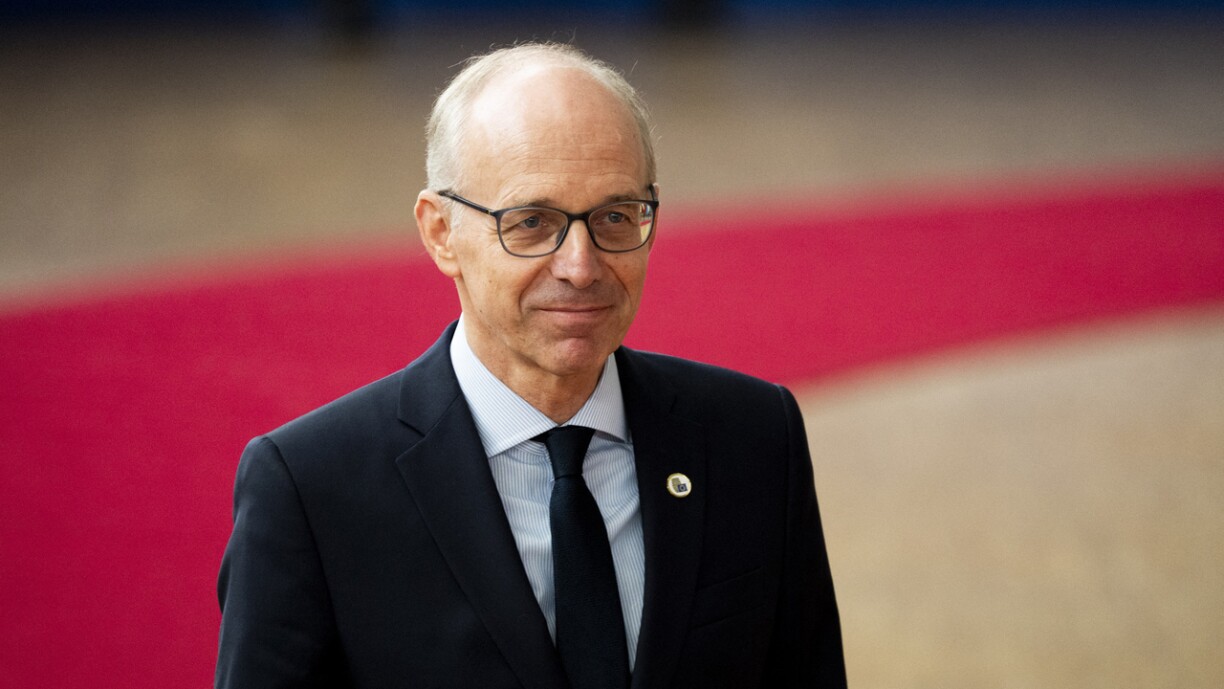
EU member states and other allies of Ukraine held a video conference on Sunday afternoon at 3pm to discuss next steps following the Trump-Putin summit in Alaska. Luxembourg’s Prime Minister Luc Frieden also took part. On Monday, a meeting will take place in Washington between Ukrainian President Volodymyr Zelenskyy and US President Donald Trump, joined by several European heads of state and government.
After the video conference, Frieden told RTL that it was an important step to have major European countries directly represented in the upcoming talks, particularly those with significant military forces or borders with Russia, such as Finland. He stressed that nothing could be decided about Ukraine or Europe without involving both Ukrainians and Europeans, a demand long held by EU leaders. He noted that participation by larger EU states was a positive sign and underlined that the process must include Europe as an active partner.
Frieden said the meeting had shown clear unity among allies, describing the talks as a precedent-setting moment for Europe’s future. He argued that Russia, as the aggressor, must not be rewarded for its actions. At present, Europeans were not yet in direct negotiations with Moscow, but coordination with the Americans was essential to prepare for that stage. He also highlighted the involvement of non-EU allies such as the United Kingdom, Japan, and Australia, pointing out that the stakes went beyond Ukraine alone.
At the same time, Frieden cautioned that the path to peace remained long and complex. It was not only about ending the war but also about shaping Europe’s security framework for the coming years and decades. He emphasised that this would require a joint transatlantic effort, with Europeans and Americans working closely together on concrete arrangements.
Asked about the prospect of US-proposed NATO-like security guarantees for Ukraine, Frieden declined to go into detail but said it was clear Ukraine could not be left isolated. He stressed that any arrangement had to ensure that Europe would be able to defend itself in the event of further Russian aggression, whether against Ukraine or another country. He added that discussions on the nature of such guarantees were ongoing, with technical talks already underway but no conclusions yet reached.
Looking ahead, Frieden underlined that unity and coordination were key. After the Washington meeting, European leaders and other allies of Ukraine would reconvene to exchange views and agree on further steps, as had been the practice in recent weeks. He pointed out that no direct talks with Russia were currently taking place, apart from the Trump-Putin meeting in Alaska, which had produced neither a ceasefire nor a peace agreement. According to him, this had not been expected from an initial encounter, and many more stages would be required before the war could end.
He concluded by insisting that all partners were determined to continue working together to put an end to the bloodshed and suffering in Ukraine, and that further coordination meetings would follow in the days ahead.